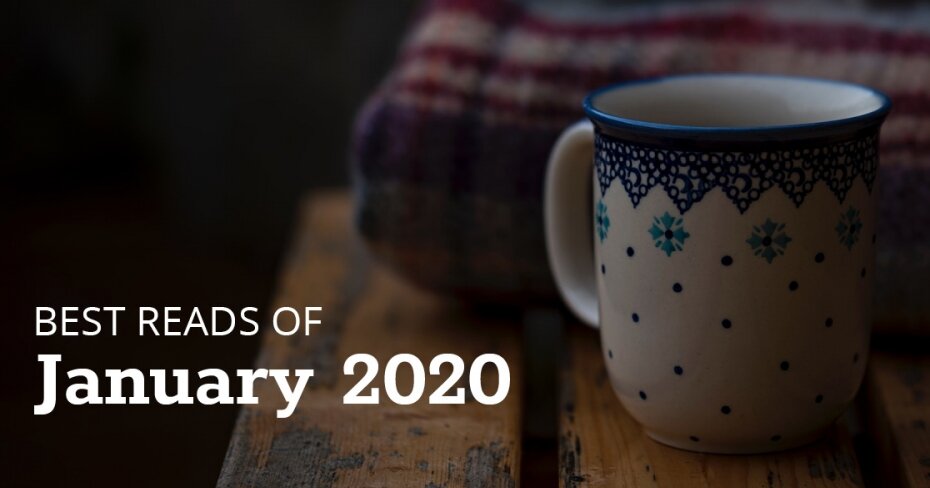These are the best personal finance reads from January 2020
By: Lisa Coxon on January 31, 2020
January is all about fresh starts. It’s not uncommon around this time of the year to see people boasting on social media about their New Year’s resolutions, which will often include things like hitting the gym more and eating healthier. Financial resolutions are sometimes thrown into the mix, too, with people committing to finally sticking to that budget, saving up for a major purchase, or getting out of debt.
No matter what your goal is, you’ve got to have the right attitude or you won’t succeed. That’s why, for this month’s Best Personal Finance Reads article, we’ve selected stories that exude some level of positivity and optimism when it comes to managing your money in the new year. (Besides, who wants to read Debbie Downer stories when the sky’s been grey for a literal month?)
Check out the best personal finance reads from January 2020:
14 New Year’s Resolutions financial planners are making for 2020, via Reader’s Digest

What could make you feel more optimistic about achieving your own financial resolutions than finding out that a bunch of financial planners make them too?
There are some real gems in here, too, including having “weekly money meetings” with your spouse, taking concrete steps to protect against identity theft, donating to charity, and updating wills, powers of attorney, and beneficiary documents.
Sometimes, all the motivation you need to stick to your own financial self-promises is hearing that professionals are out here doing the same thing.
Feeling financially stressed out? Here’s what you need to do to get over it, via The Globe and Mail

As it turns out, income isn’t the major financial stressor — it’s whether or not you have enough savings to protect you from a financial setback. Or so says a Western-Laurier Financial Data Analytics Laboratory report, referenced in this piece by personal finance columnist Rob Carrick.
"Of course, you’re more likely to be financially stressed if you have a low or modest income, a big mortgage, large daycare bills, stagnant wages, etc. But there’s also a sense in the composite profile of financially stressed people of a spending mentality rather than a saving mentality.”
It's hard work to get to a point where you can consistently save. You might have to work on paying off debts first. That’s okay. Once you’re able to save, chances are you’ll feel more comfortable about your financial standing regardless of what your income is.
4 financial resolutions to really get a handle on your money in 2020, via Global News

Sometimes, financial resolutions can feel like a pipe dream. That’s usually because they're just not realistic.
In this Global News article, Erica Alini lays out some concrete and doable resolutions you can follow in order to get your finances in order this year.
This includes things like spending less than you make, having an emergency fund for the unexpected, getting rid of “dangerous debt” (think credit card debt with a high interest rate), and doing good things for your savings, like throwing your dollars into a tax-free savings account or investing them somewhere else.


